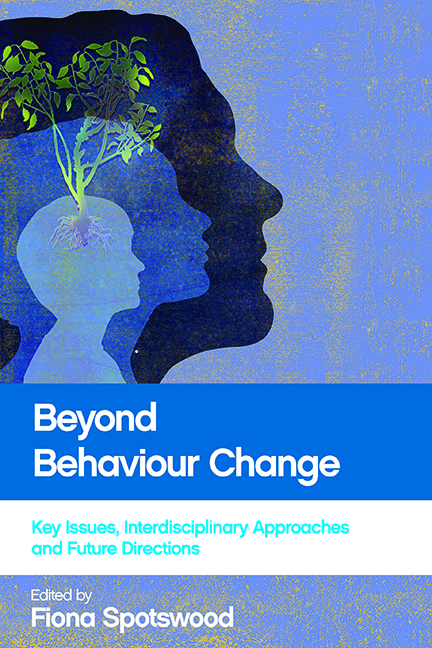nine - Stakeholder marketing and the subversion of public health
Published online by Cambridge University Press: 01 September 2022
Summary
Introduction
This chapter discusses the fundamental conflicts of interest that occur when the corporate sector gets involved in devising and influencing public health policy. Corporations spend other people's – their shareholders’ – money, and are therefore governed by the ‘fiduciary imperative’ (Bakan, 2004) which requires then to put returns to their shareholders ahead of any other concern. It is therefore completely illogical to expect them to prioritise public welfare. This is the job of everyone else – government, civil society and citizens.
If, as Milton Friedman famously proclaimed, the business of business is business, why do multinationals keep getting so conspicuously involved with good causes? Why does Tesco provide so many computers for UK schools and Philip Morris fund services for battered women? Should they not be getting on with their core tasks of selling us more groceries and cigarettes, and thereby making more money for their shareholders?
The reality is that multinational companies actually are getting on with their core tasks when they engage in these seemingly philanthropic activities. School computers and women's refuges are as much part of their marketing strategies as advertising campaigns and product innovation. These acts are not philanthropic at all, but deliberately designed to enhance profitability and boost shareholder returns. Furthermore, the corporation's fiduciary imperative ensures that this will always be the case. And when this faux-philanthropy is used to promote the consumption of hazardous products, such as tobacco, alcohol and ultra-processed food, it will cause just as much public health harm.
This apparent generosity is partly targeted at consumers. It is combined with conventional marketing activity, such as advertising and brand building, with the purpose of making customers feel valued on the one hand and trusting of the company on the other. In this way it encourages not just one-off purchases, but ongoing loyalty. Corporate good deeds, however, are also very deliberately aimed at policymakers and politicians. The purpose is much the same: to build relationships and trust. Thus consumer marketing is complemented by ‘stakeholder marketing’. And it is increasingly clear that political leaders are just as susceptible to marketing as those who vote them into office. Because of the access to power it gives, this susceptibility threatens not only public health, but our whole way of life.
- Type
- Chapter
- Information
- Beyond Behaviour ChangeKey Issues, Interdisciplinary Approaches and Future Directions, pp. 181 - 198Publisher: Bristol University PressPrint publication year: 2016



